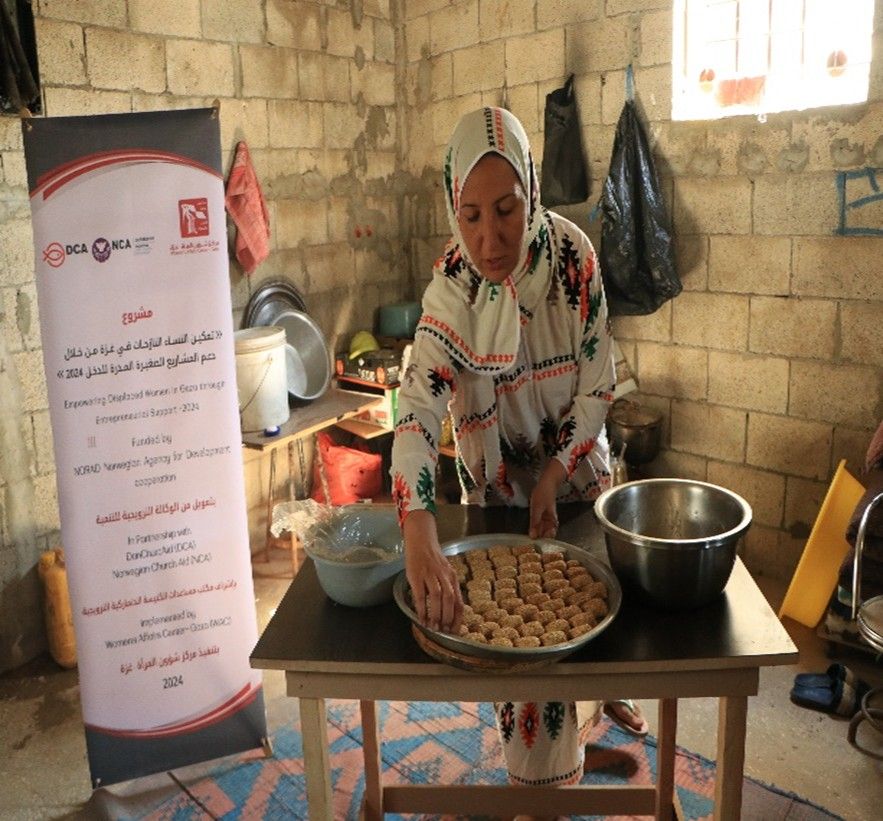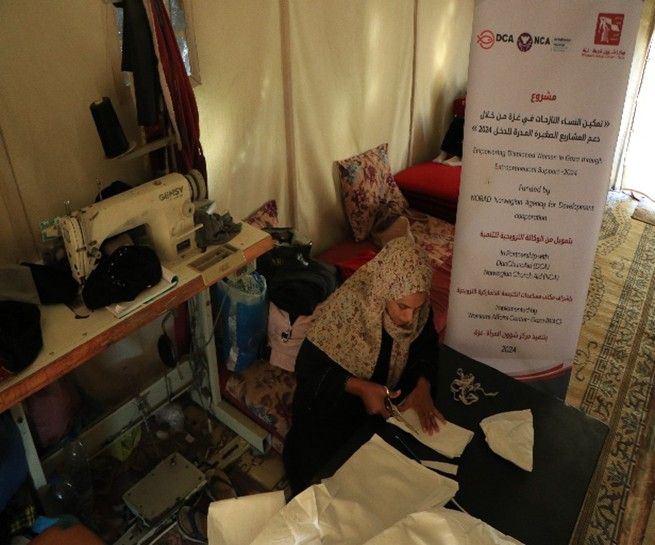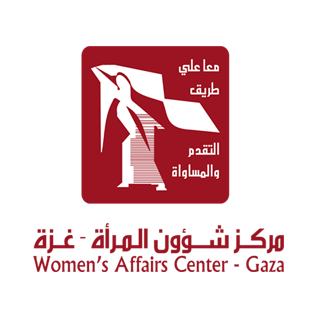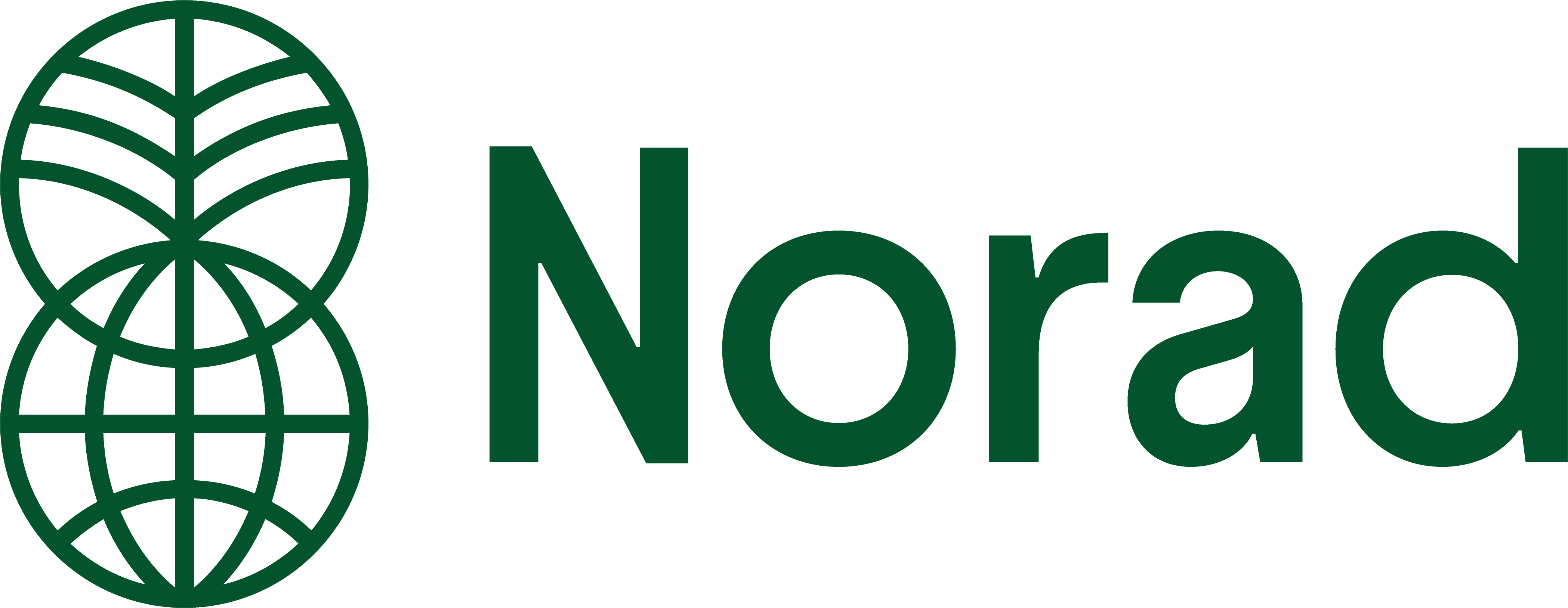The Issue
The Gaza Strip faces a worsening humanitarian crisis, characterized by extreme poverty, high unemployment, and ongoing conflict. Women, particularly those displaced by violence, are among the most affected, struggling to provide for their families due to a lack of stable income sources. Limited access to economic opportunities has forced many to rely on humanitarian aid, further deepening their vulnerability.
The Project
Food production projects ensure vulnerable groups’ access to essential nutrition while utilizing local resources and promoting self-sufficiency. Simultaneously, tailoring initiatives address clothing shortages by offering customized solutions, particularly critical for displaced individuals facing limited access to suitable garments. By implementing a combined apporach through both food production and tailoring initiatives, the project set out to addres urgent humanitarian needs and empowers women in Gaza through sustainable solutions. It aimed to provide immediate support to displaced populations by enhancing food security and meeting clothing needs. By funding small-scale food production and sewing projects, the initiative enabled women to generate income, and support their families effectively.
The project supported women entrepreneurs with existing small businesses in the sewing and food production sectors—industries that align with local skills, resources, and community needs. Through business management training, financial grants, and individualized coaching, the project strengthened women’s ability to sustain and expand their enterprises, reducing their reliance on external assistance. The project supported women’s transition into active economic roles within their households and communities. Many became primary breadwinners, providing employment opportunities for family members and local workers. This shift contributed to household income growth and broader economic stability.

Nisreen Al Za’neen is the owner of “Lavender Cake” for making sweets and pastries. She is currently displaced from Beit Hanoun in northern Gaza to Deir al-Balah
The project also fostered women’s economic empowerment through skill-building, supervision, and grants, strengthening their autonomy and resilience. Empowered women contribute to community well-being by creating sustainable solutions to urgent needs and reducing reliance on external aid.
In summary, the project’s dual focus on income-generating activities while addressing necessities enhanced the socio-economic status and resilience of women and displaced populations in Gaza, paving the way for sustainable recovery and long-term community development.
The Change
The intervention have addressed critical humanitarian needs and promoted sustainable resilience among displaced populations in Gaza. By enhancing food security through small-scale food production projects and direct food aid, economic empowerment was a cornerstone of the project. By providing women with training, supervision, and grants, the initiative fostered the development of sustainable income-generating businesses in food production and tailoring. This not only improved household income but also enhanced women’s autonomy and their capacity to support their families. The intervention contributes to long-term resilience which reduces reliance on external aid.
The Results
The project, led by DCA/NCA and Women’s Affairs Center, sought to empower 40 women to launch their businesses and provide young women and men with technical and market-relevant skills.
The project initially targeted 40 women entrepreneurs, who each received financial support and coaching to strengthen their small businesses in the food production and sewing sectors. As a direct result of their business growth, these 40 women collectively created 99 (58 women and 41 men) additional job opportunities to support their operations. These figures reflect the broader impact of the project beyond the primary beneficiaries, as it successfully contributed to local job creation and economic resilience.
At the start of the project, a baseline survey recorded an average total income of $8,504 for 40 women over three months, equating to approximately $71 per woman per month. Following the intervention, income tracking conducted in December 2024 highlighted significant progress, with the total income for the same 40 women reaching $15,703, raising the average net income per woman per month to $392

Our Partners
The Women’s Affairs Center is an independent Palestinian women’s NGO that empowers women and advocates for women’s rights and gender equality. It achieves this through women’s protection and empowerment, research and knowledge management, and community engagement and advocacy programs.
The Women’s Affairs Center was established in August 1991 by a group of activist professional women and was registered at the Ministry of Interior in April 2001. During the project The Women’s Affairs Center made sure of timely activity implementation, while overseeing monitoring, budget expenditure, together with narrative and financial reporting.

About the project
Full title: Empowering Displaced Women in Gaza through Entrepreneurial Support – 2024
Period: 01/6/2024 – 31/12/2024
Partners: Women’s Affairs Center
Funding: 1,040,800 NOK
Number of people reached: 40 women collectively creating 99 job opportunities
Main Donor: NORAD


